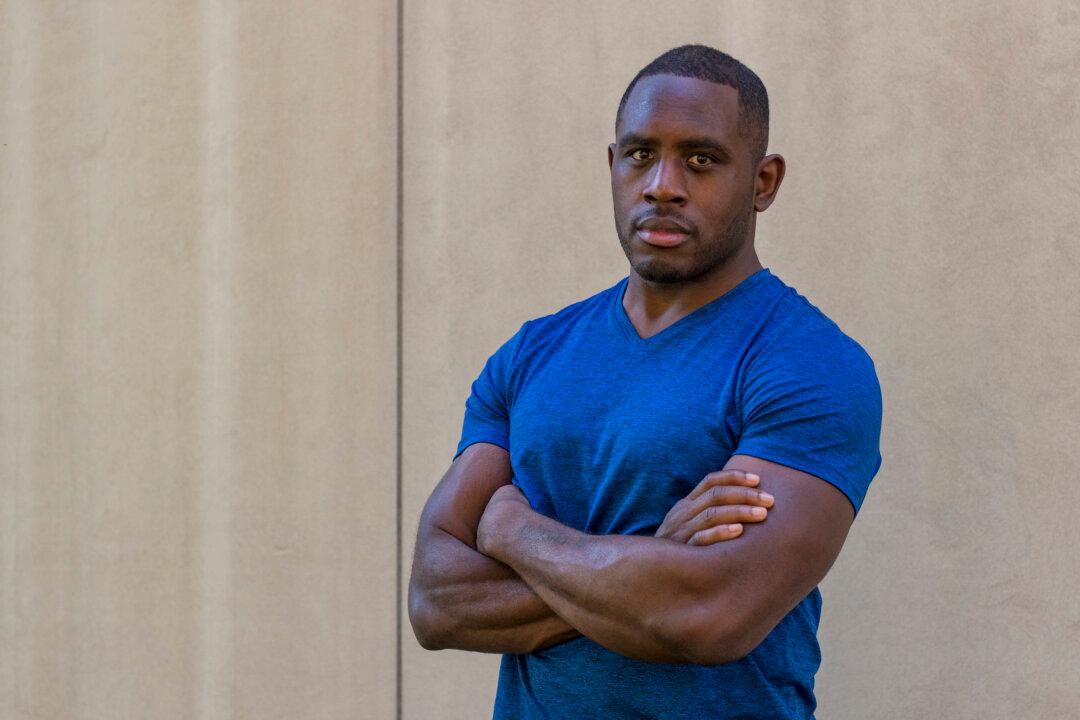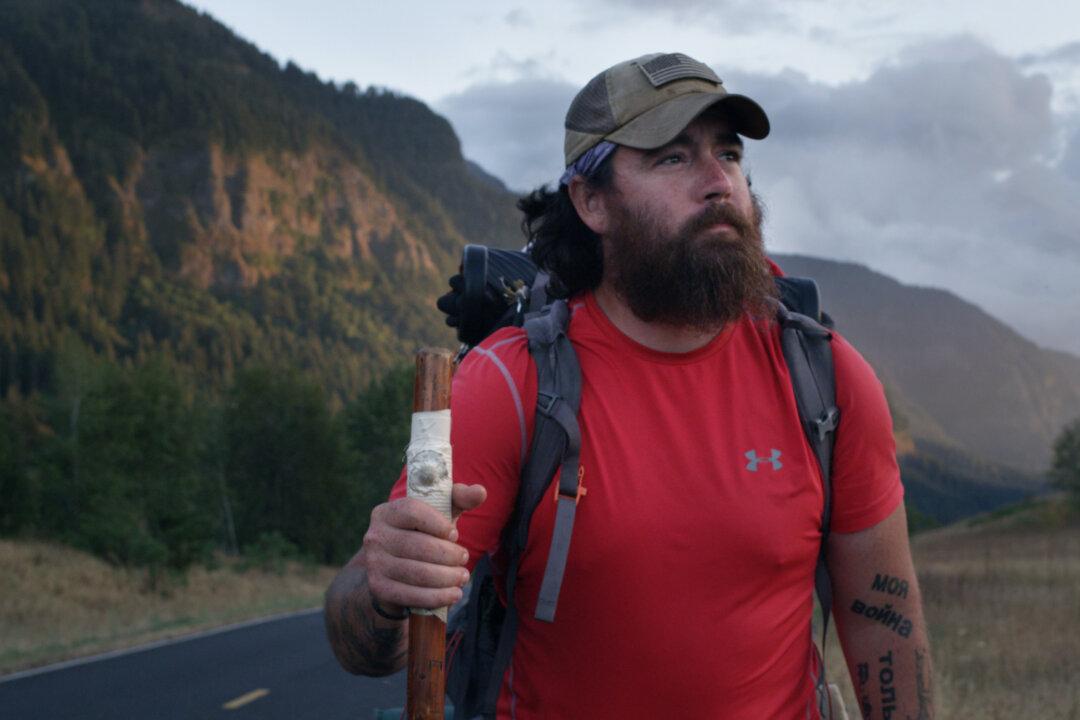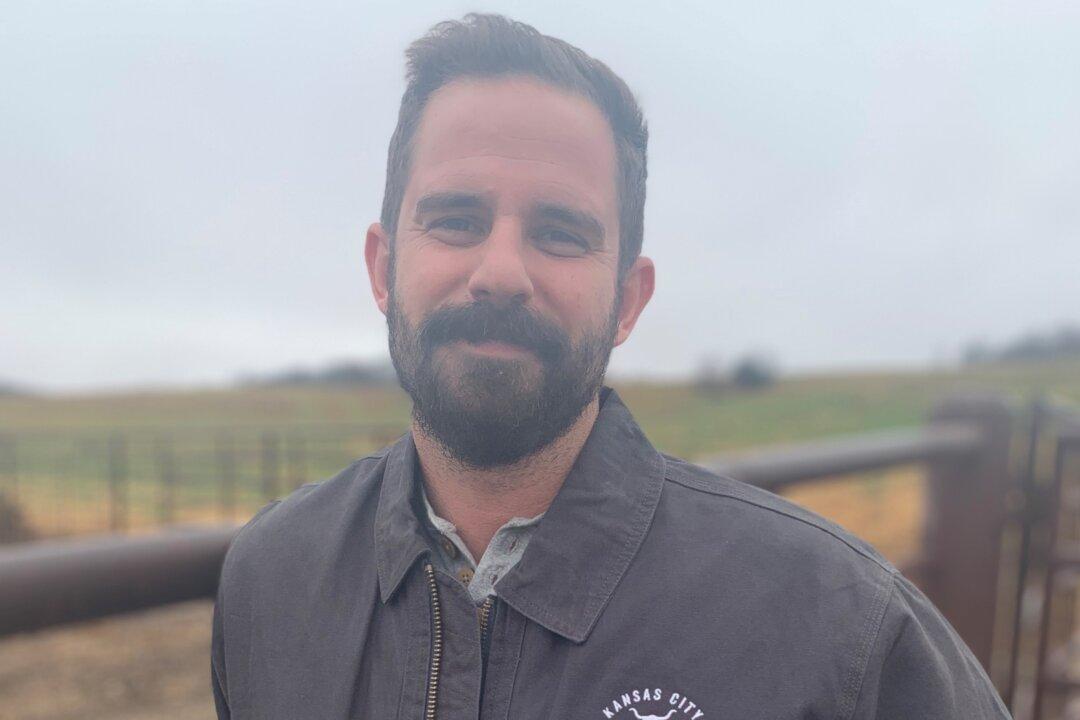Bill Higgs, one of the titans of American business, leveraged his experiences as a Boy Scout, West Point graduate, and in the military to build the offshore oil engineering and construction company Mustang Engineering.
Higgs graduated from West Point in 1974 and became a Ranger and officer in the U.S. Army. After he left the Army, he began working in the offshore oil and gas industry. After surviving stage 4 cancer, he started a business with two colleagues that strove to create an effective company culture. He’s also the author of “Culture Code Champions: 7 Steps to Scale and Succeed in Your Business.”






